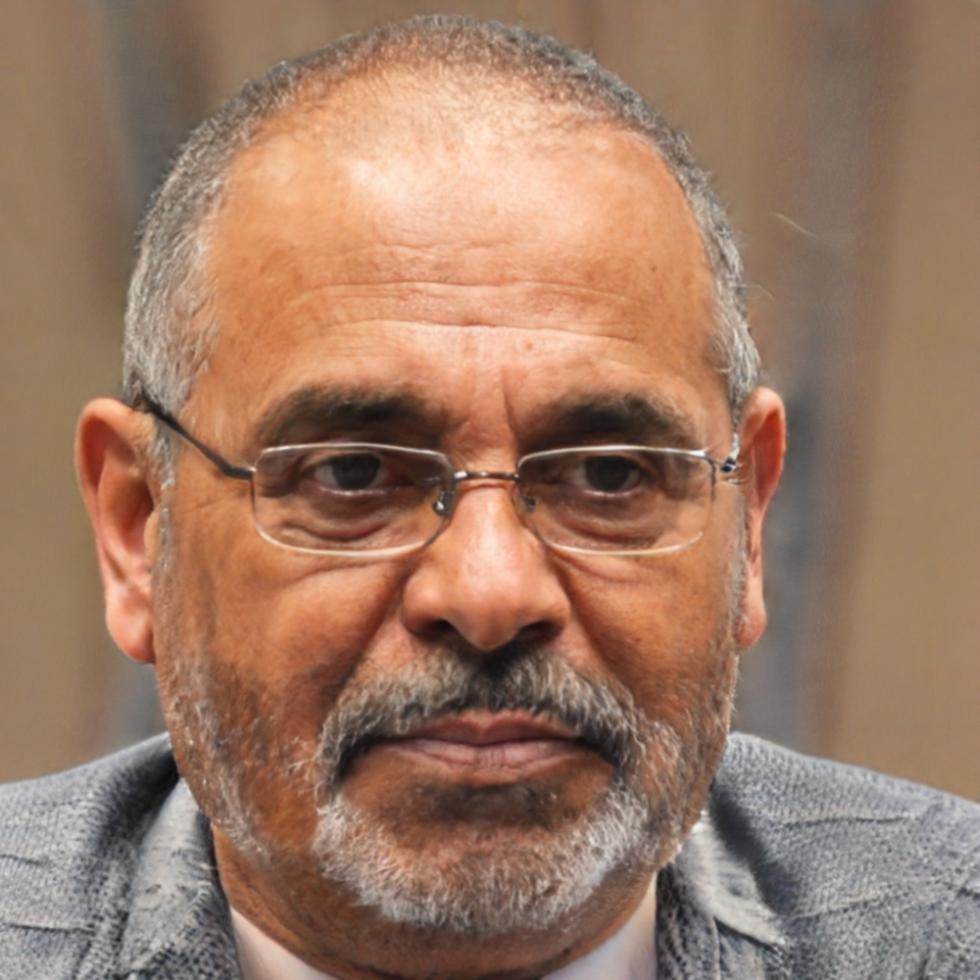Transform How You Think About Money
Most people struggle with finances because they've never addressed the mental blocks that keep them stuck. We help you build a healthier relationship with money through proven psychological approaches and practical strategies.
Explore Our Programs
The Psychology Behind Financial Success
Research shows that our relationship with money is formed early in life and often operates below our conscious awareness. By bringing these patterns to light, we can begin to make different choices.

Our approach combines insights from behavioral psychology with practical financial education, creating lasting change that goes beyond quick fixes or temporary motivation.
Understanding Your Financial Blocks
Everyone has unconscious barriers that prevent them from achieving financial peace. These blocks often stem from family messages, cultural conditioning, or past experiences.
The Scarcity Mindset
Many people operate from a deep belief that there isn't enough money to go around. This creates hoarding behaviors, difficulty spending on necessities, or conversely, spending everything because "it won't last anyway."
- Recognize scarcity-based thinking patterns
- Understand how fear drives financial decisions
- Learn to distinguish between genuine need and scarcity anxiety
- Develop abundance-oriented financial practices

Money Shame and Self-Worth
Our sense of self-worth often gets tangled up with our financial status. This can lead to avoiding money conversations, not asking for fair compensation, or making financial decisions based on what others might think.
- Separate personal worth from financial status
- Address shame around past financial mistakes
- Build confidence in financial decision-making
- Create healthy boundaries around money in relationships

Real People, Real Changes
Our participants often discover that their biggest breakthroughs come not from learning new financial strategies, but from understanding why they've been stuck in old patterns.

